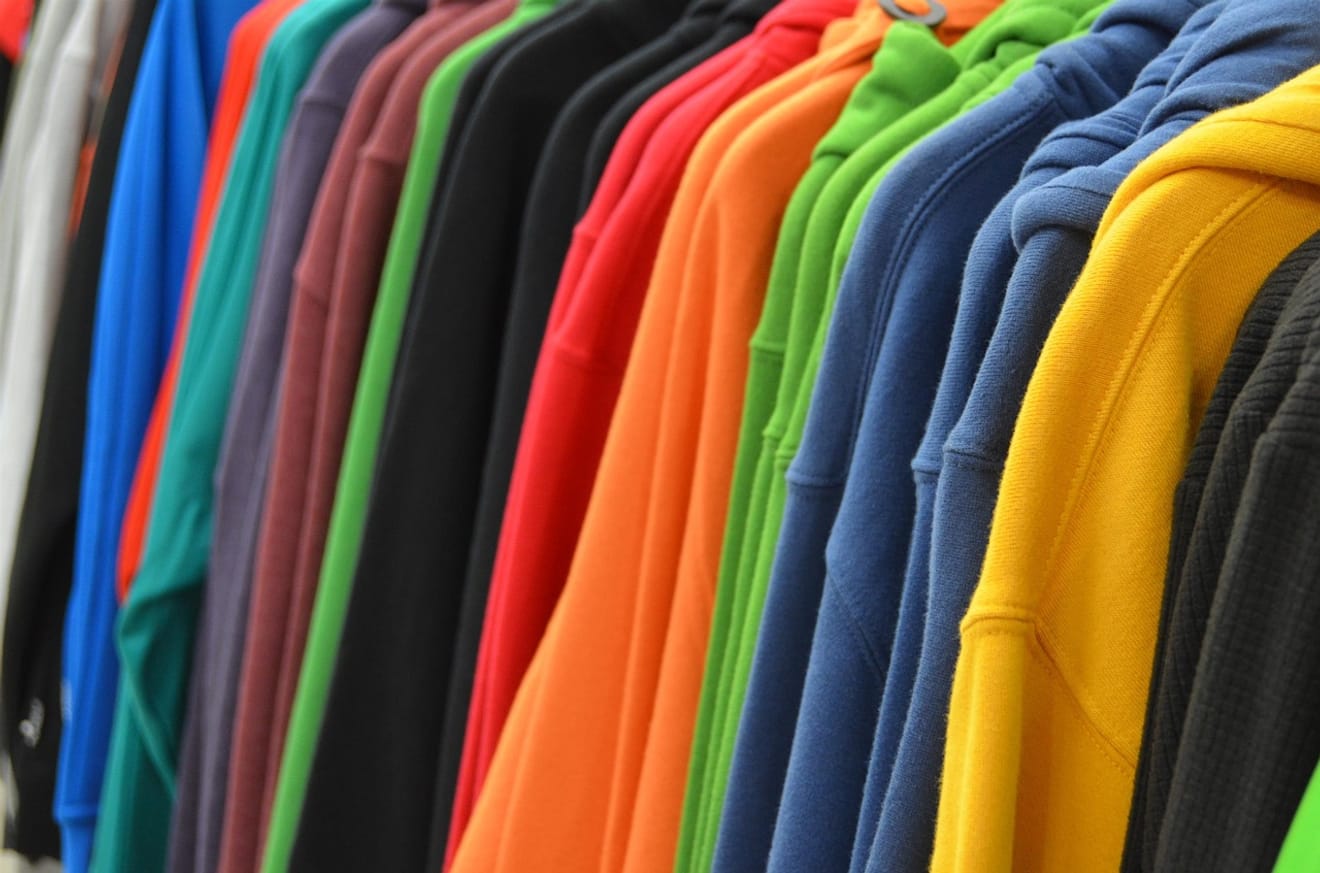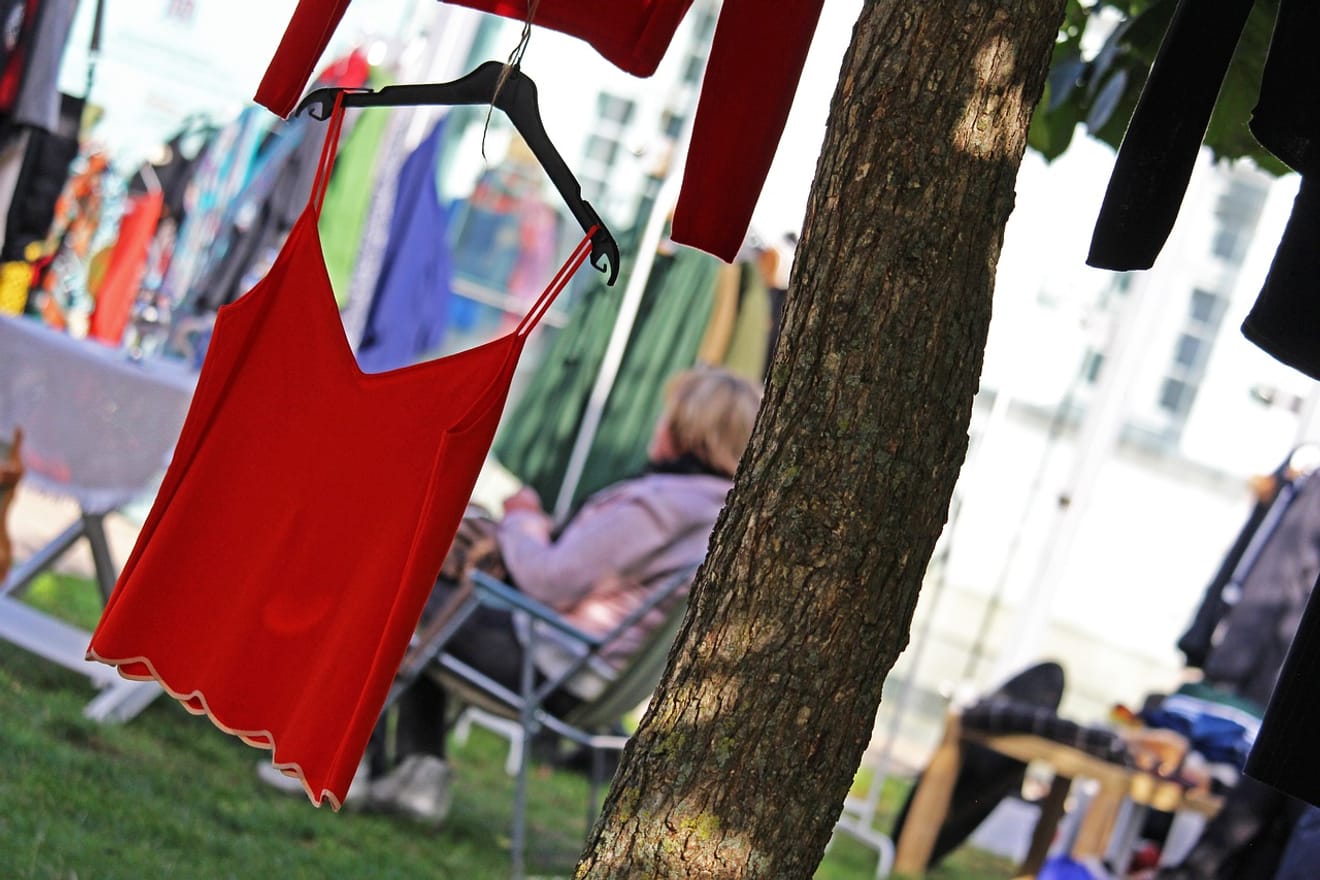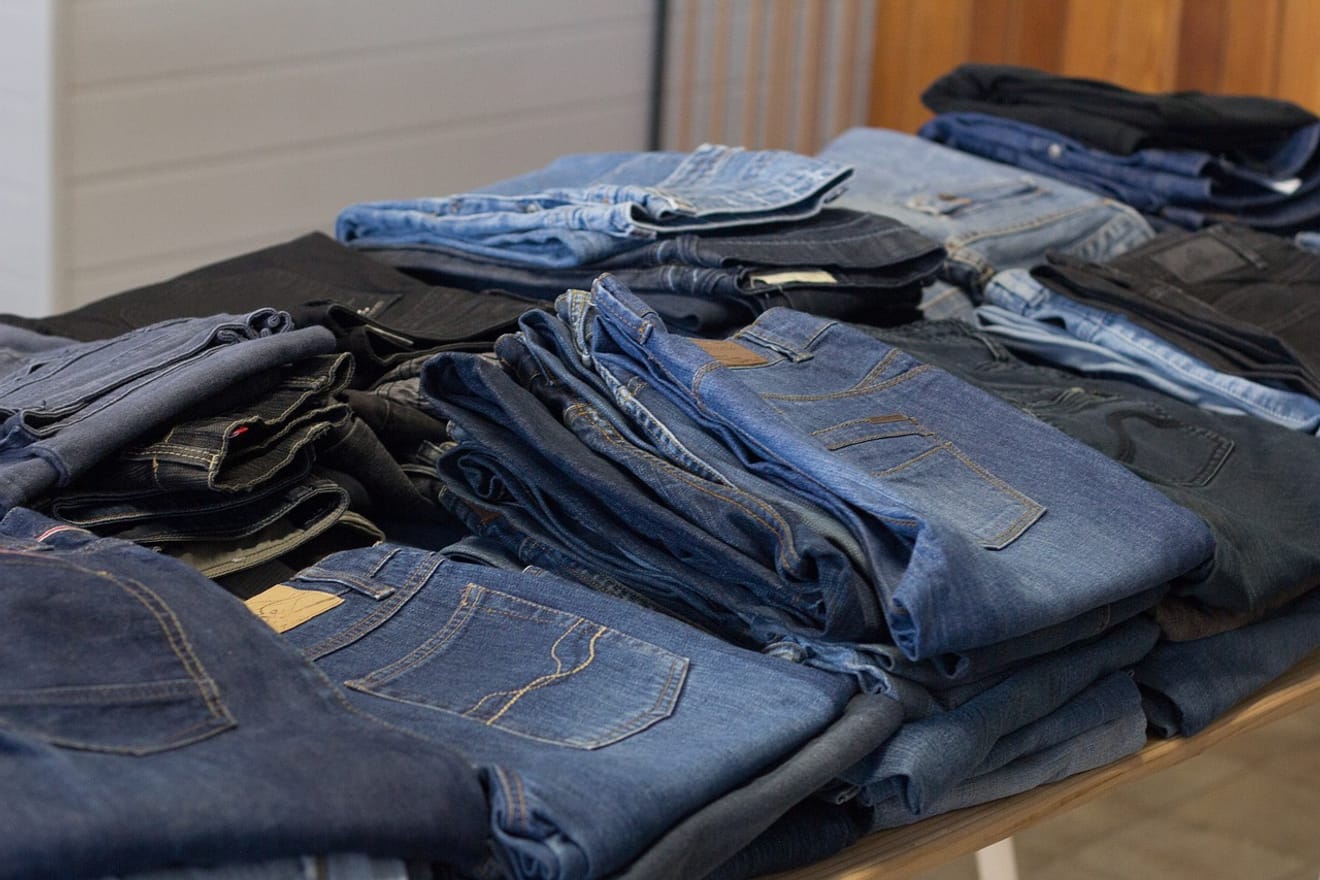Subject
- #Fast Fashion
- #Clothing Waste
- #Environmental Destruction
- #Climate Crisis
- #Overconsumption of Clothing
Created: 2024-02-14
Created: 2024-02-14 09:12
Do you enjoy shopping? Fashion brands constantly produce new clothes, and people continue to consume clothing, believing they lack clothes even when they don't. With the development of the internet, more and more people are buying clothes through online shopping, and fashion has become a common denominator for people worldwide. It's likely that very few people actually buy clothes because they truly have none.

pixabay
Many people are already aware that disposable items like wet wipes, paper cups, plastic cups, and straws contribute to environmental problems. Seeing disposable products discarded on the streets makes us think about environmental issues. However, clothes are not easily discarded, and even when they are, few people pay attention to what happens to them after being placed in clothing donation bins.
It is said that over 70% of the clothing produced worldwide goes unsold and is incinerated or disposed of as waste. In the UK alone, 13 million pieces of clothing are discarded annually, and if we consider data from countries where statistics are not even available, we can predict that an unimaginable amount of clothing is being discarded.

SKYFi
These are clothes discarded in the Atacama Desert in Chile, the world's largest clothing waste landfill. The scale is so vast that discarded clothes can even be seen in satellite images taken from space.
Clothing has a much greater negative impact on the environment than you might think. For instance, the amount of water used to produce clothing is enormous; a single T-shirt can require up to 2,700 liters of water. The microplastics released during the incineration and landfill disposal of clothing are also a problem. Microplastics do not decompose and remain in nature, mixing with the food of many animals, eventually entering the human body through the consumption of those animals. The clothing industry is also a major contributor to greenhouse gas emissions. It is estimated that approximately 10% of global greenhouse gas emissions originate from the clothing industry. Moreover, polyester, a primary material used in clothing production, requires a staggering 350 million tons of oil annually.

pixabay
‘Fast fashion’ refers to the fashion industry that produces inexpensive clothing to keep up with trends. Brands like Uniqlo, Zara, and H&M are prime examples. You've probably purchased clothes from these brands at some point. Without realizing it, people are contributing to environmental destruction through their consumption of fast fashion.

pixabay
What approach should we take towards clothing consumption and disposal in the future to protect the environment? Instead of discarding unwanted clothes, it's better to donate them. Fila Korea conducted an upcycling campaign for discarded clothing. They upcycled donated clothing from employees and customers to create furniture for children at a disability welfare facility. Furthermore, Freitag declared ‘No Black Friday.’ To prevent overconsumption during Black Friday, they temporarily suspended online and offline store sales for 24 hours and launched a campaign called “DON’T BUY, JUST BORROW,” offering customers free bag rentals for up to two weeks.
Some countries are also taking legal action against fast fashion. France has legally mandated that clothing producers are prohibited from discarding unsold garments and are obligated to recycle or donate them.

pixabay
These days, with the trend of vintage fashion, more and more people are visiting thrift shops. We hope that the popularity of thrift shops will continue beyond a mere trend and become a starting point for saving the environment from the destructive impact of clothing.
Comments0